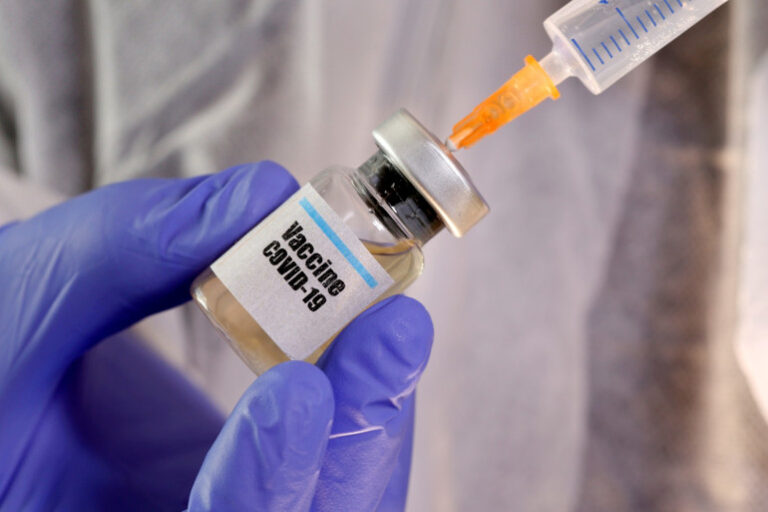
Melbourne, Australia:
Australia’s NSW is finding itself amidst another wave of infections – a cluster which began in the state’s northern suburbs, while reaching other suburbs today reached Broken Hill, a remote outback town. The infection has also spread to Victoria – a state which has recently come out of a second hard lockdown.
As health authorities race to control the outbreak, and are able to do so to a certain extent – the public have been wondering why the government is not hastening the nation’s vaccination program like other nations such as the UK and the US.
Here we have tried to list down why Australia isn’t rushing with its vaccination programs:
According to Federal Health Minister Greg Hunt, ‘there is a difference in emergency authorisation of vaccination’ between Australia and other countries which have begun their vaccination program.
Hunt told ABC News 24: “What we have seen in the UK and the US, where they have respectively hundreds and thousands of daily deaths, is they have given what’s called an ‘emergency authorisation’. It means that the assessment process has not been completed, but given the scale of human tragedy and the agony they’re facing on a daily basis, they have done that.”
As per Hunt, Australia, despite the new cluster, is not under a similar situation such as UK, or the US.
Australia will continue to test the safety of the vaccines, and will first await the approval of the Therapeutic Goods Administration (TGA). Further, individual batches of vaccine also need to be tested before being distributed to the population.
Australia has deals in place to get the Pfizer/BioNTech vaccine and the University of Oxford/AstraZeneca vaccine. The rollout is expected to begin in March, and those who at increased risk of exposure, at risk of severe disease, or who are in a setting with high transmission potential will get the vaccine first.






